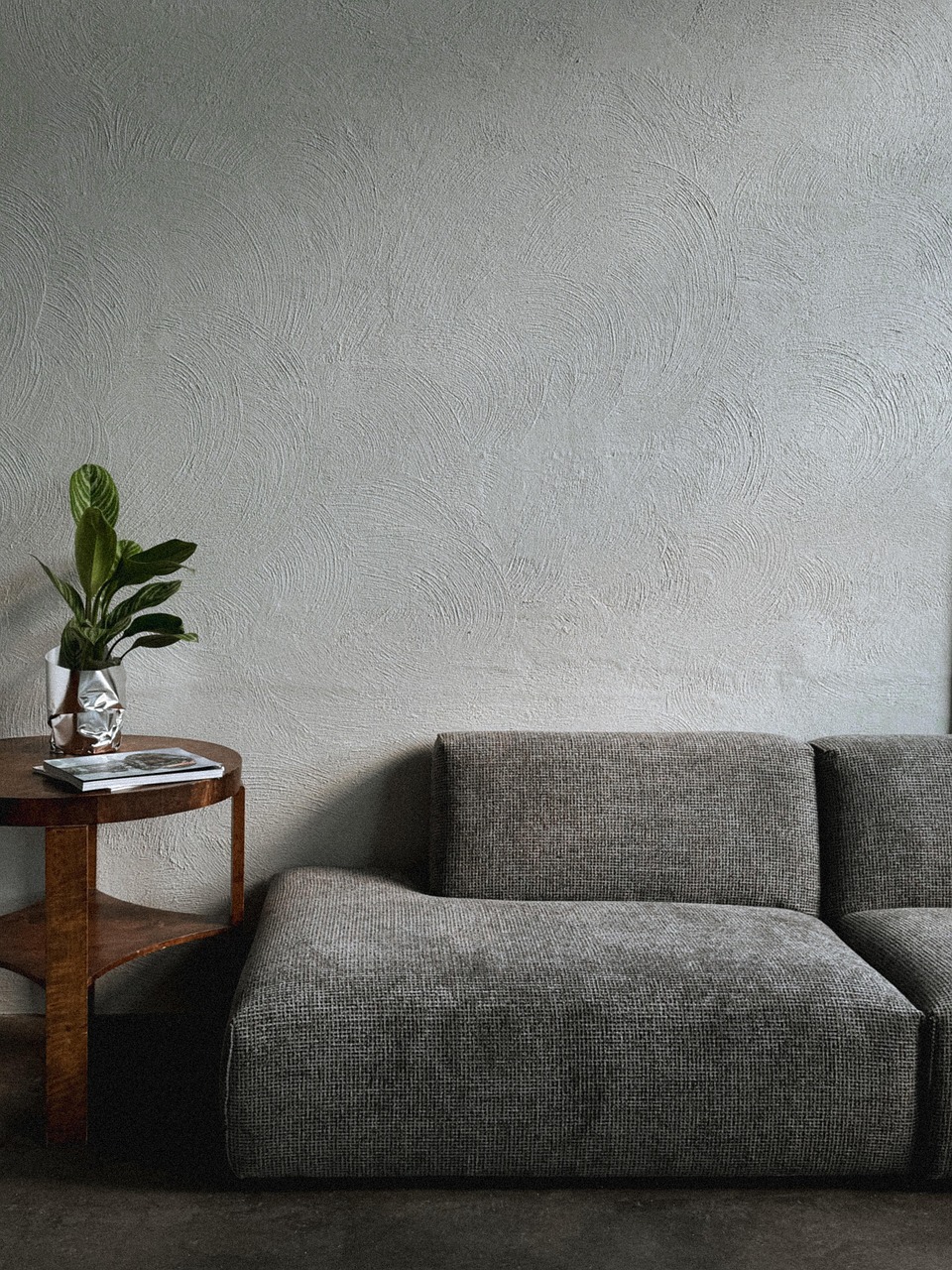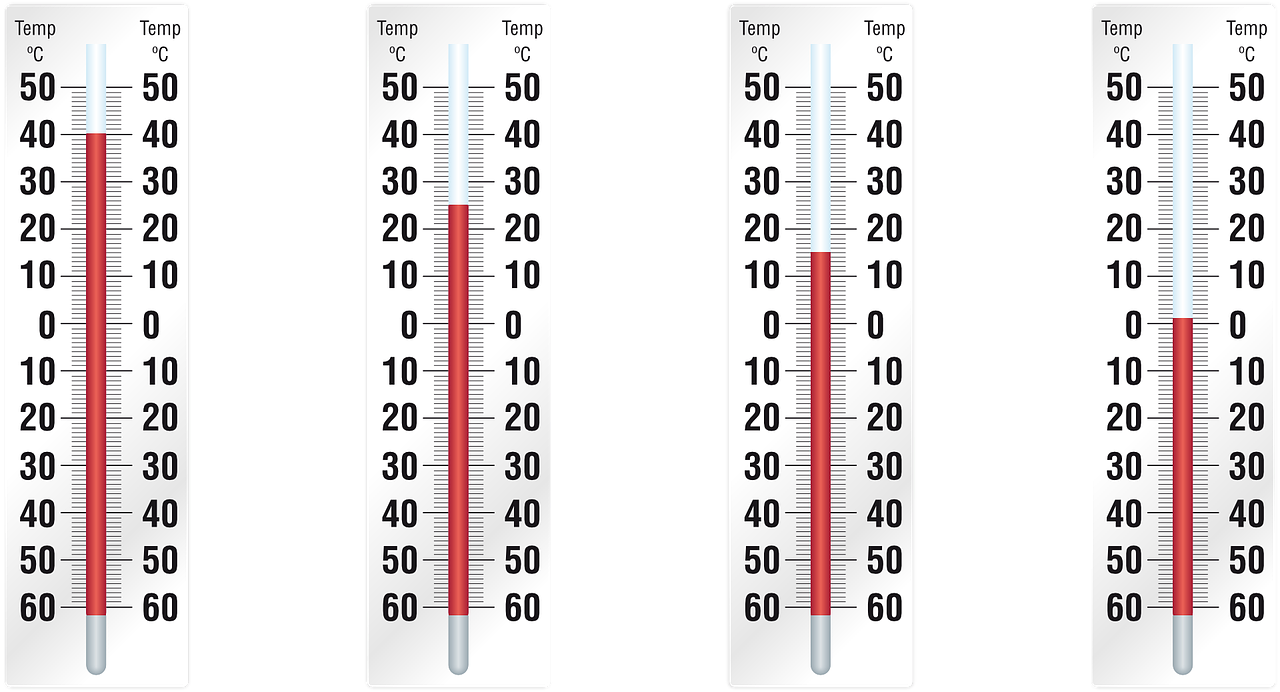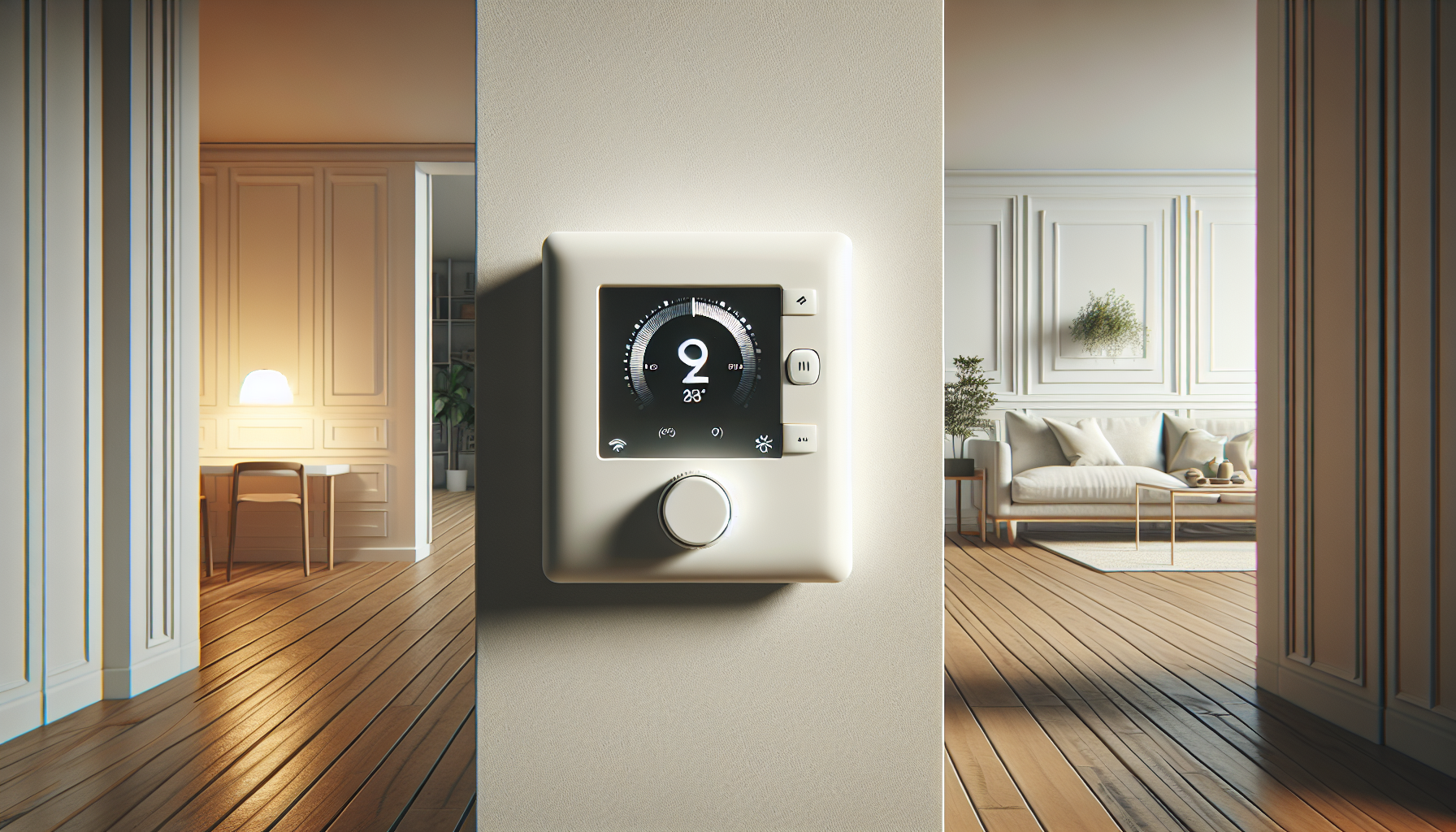Is There A Recommended Room Temperature For Setting Up The Kit?

Introduction
Setting up a new electronic kit can be an exciting yet daunting task, especially if you’re unsure about the ideal room temperature for the process. In this article, we will explore the importance of maintaining a recommended room temperature when setting up a kit and how it can impact the overall performance and longevity of your electronic devices.
Understanding Room Temperature
Before diving into the specifics of the recommended room temperature for setting up the kit, it’s crucial to have a basic understanding of what room temperature actually means. Room temperature refers to the range of temperatures that are comfortable for humans to live and work in, typically between 68°F and 77°F (20°C and 25°C).
Importance of Maintaining Room Temperature
Maintaining an optimal room temperature is essential for the proper functioning of electronic devices, including kits. Fluctuations in temperature can affect the performance, efficiency, and lifespan of these devices.
Impact on Performance
Extreme temperatures, whether too hot or too cold, can disrupt the internal components of electronic devices, leading to malfunctions and reduced performance. For example, high temperatures can cause overheating, while low temperatures can slow down the processing speed.
Impact on Efficiency
When electronic devices are exposed to temperatures outside the recommended range, they have to work harder to maintain their performance, which can lower their efficiency and increase energy consumption. This can also lead to a shorter lifespan for the devices.
Impact on Longevity
Consistently exposing electronic devices to extreme temperatures can significantly shorten their lifespan. Proper temperature control can help prolong the life of your kit and prevent unnecessary repairs or replacements.

Recommended Room Temperature for Setting Up the Kit
Now that we understand the importance of maintaining a recommended room temperature, let’s discuss the ideal temperature range for setting up your electronic kit.
Ideal Temperature Range
The ideal room temperature for setting up your kit is between 68°F and 77°F (20°C and 25°C). This temperature range provides a comfortable environment for both you and your electronic devices, ensuring optimal performance and longevity.
Temperature Control Tips
To maintain the recommended room temperature for setting up your kit, consider the following tips:
- Use a thermostat to monitor and adjust the temperature as needed.
- Keep your kit away from direct sunlight, heating vents, or drafts that can cause temperature fluctuations.
- Consider using a dehumidifier or humidifier to control the humidity levels in the room, as high humidity can also impact the performance of electronic devices.
Importance of Consistency
Consistency is key when it comes to maintaining the recommended room temperature for your kit. Fluctuations in temperature, even within the recommended range, can still have negative effects on the performance and lifespan of your electronic devices.

Effects of Incorrect Room Temperature
Setting up your kit in an environment with temperatures outside the recommended range can have several negative effects on the device.
Overheating
One of the most common effects of setting up electronic devices in a room with high temperatures is overheating. Overheating can cause the internal components of the kit to malfunction, resulting in poor performance and potential damage.
Slow Performance
On the other hand, setting up your kit in a room with low temperatures can lead to slow performance. Cold temperatures can slow down the processing speed of electronic devices, making them less efficient and responsive.
Shortened Lifespan
Consistently exposing your kit to temperatures outside the recommended range can shorten its lifespan significantly. This can result in the need for repairs or replacements sooner than expected, costing you time and money.

FAQ
1. Can extreme cold temperatures damage my kit?
Yes, exposing your kit to extreme cold temperatures can cause damage to the internal components, affecting its performance and longevity. It is important to keep your kit in a room with a consistently moderate temperature.
2. How can I maintain the recommended room temperature for my kit?
To maintain the recommended room temperature for your kit, use a thermostat to monitor the temperature, keep the kit away from sources of heat or cold, and control the humidity levels in the room.
3. What should I do if my kit overheats?
If your kit overheats, turn it off immediately and allow it to cool down before using it again. If the problem persists, consult the manufacturer or a professional technician for assistance.

Conclusion
In conclusion, maintaining a recommended room temperature when setting up your electronic kit is crucial for ensuring optimal performance and longevity. By following the tips and advice provided in this article, you can create a comfortable environment for your kit and maximize its efficiency. Remember to monitor the temperature regularly and make adjustments as needed to keep your electronic devices in top condition.

